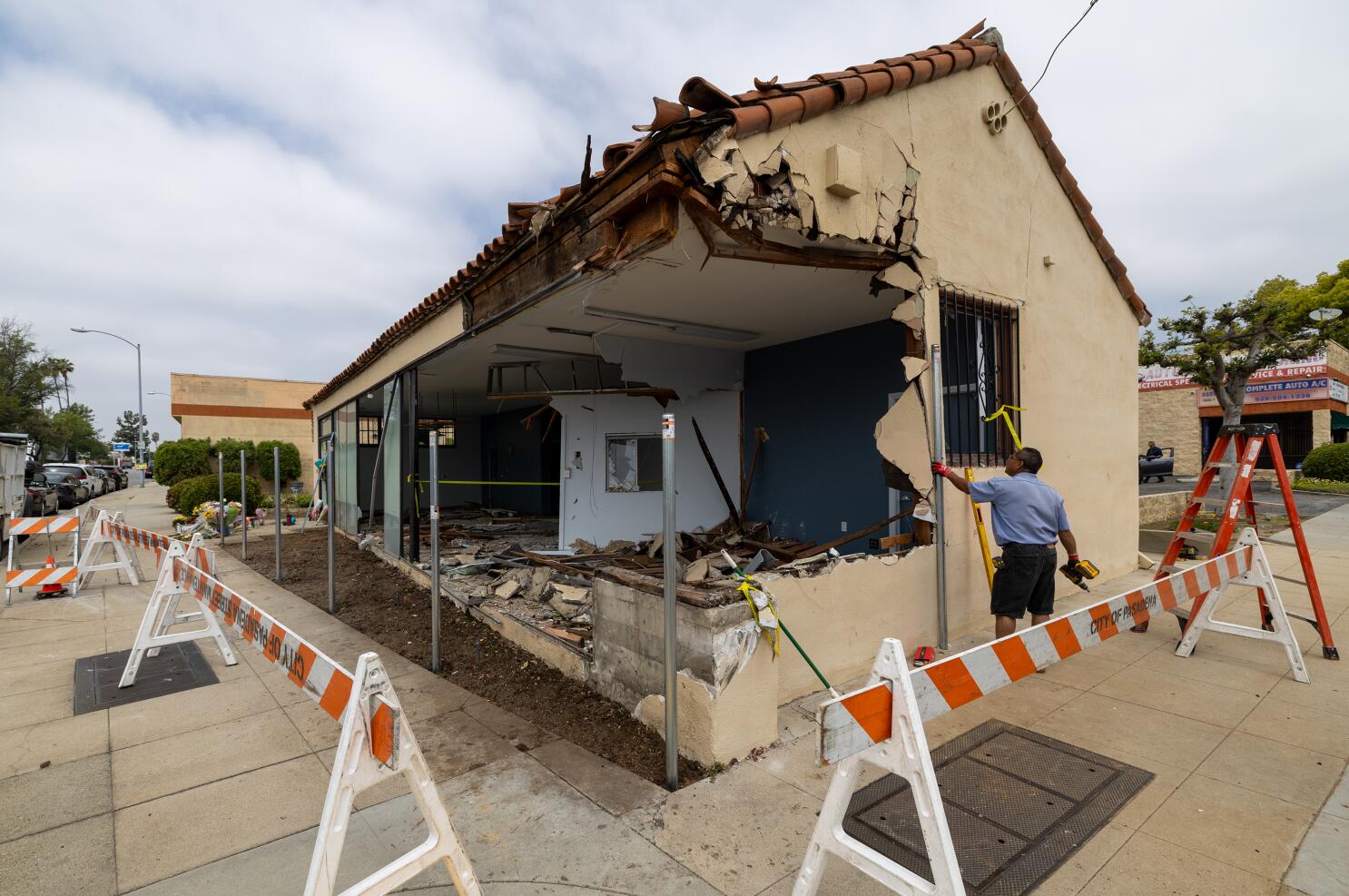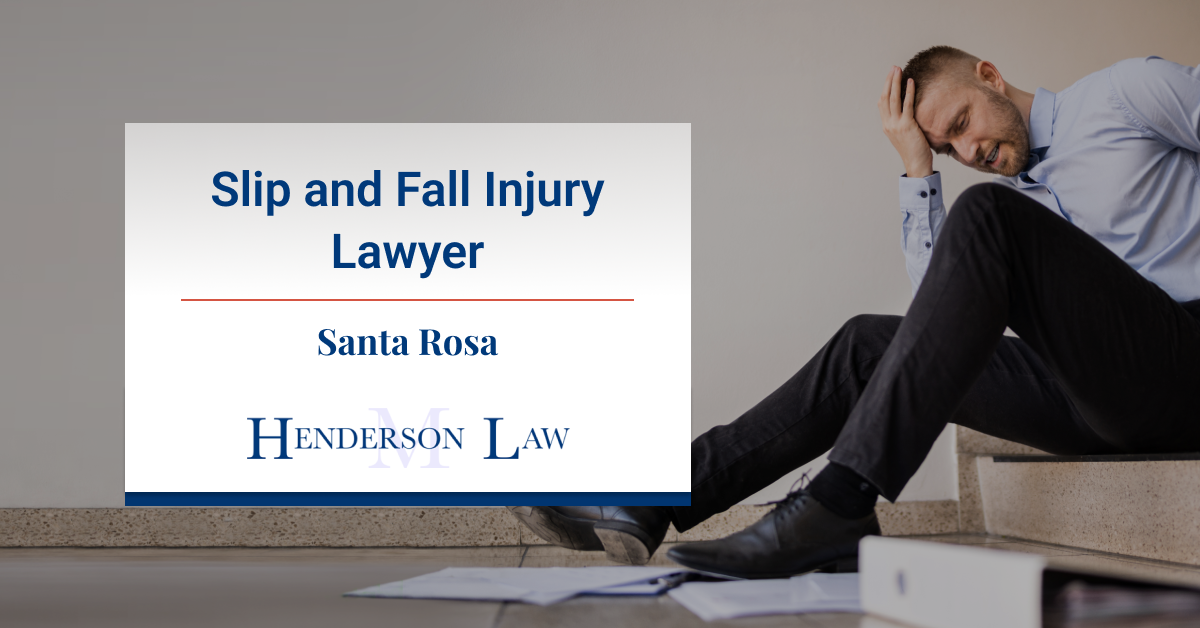A Humble Car Accident: Causes and Prevention
Even a seemingly “humble” car accident can have significant consequences. In a recent incident, a young driver misjudged the distance to a stopped vehicle, resulting in a minor collision. While the damage was minimal, the incident served as a sobering reminder of the myriad factors that can contribute to car accidents.
Causes of Car Accidents
The causes of car accidents are as varied as the accidents themselves. Human error is often a major factor, accounting for over 90% of all crashes. Common types of human error include:
- Distracted driving: Using cell phones, texting, or engaging in other activities that divert attention away from the road.
- Speeding: Exceeding posted speed limits or driving too fast for conditions.
- Impaired driving: Operating a vehicle under the influence of alcohol, drugs, or medications that impair judgment.
- Fatigue: Driving while drowsy or exhausted, reducing reaction time and impairing decision-making.
- Aggressive driving: Tailgating, cutting off other vehicles, or engaging in other reckless behaviors.
In addition to human error, mechanical failures and adverse weather conditions can also contribute to car accidents. Mechanical issues, such as brake failures or tire blowouts, can render a vehicle uncontrollable. Inclement weather, including rain, snow, or fog, can reduce visibility and create hazardous driving conditions.
The Role of Distracted Driving
Distracted driving is one of the most prevalent and dangerous causes of car accidents. Studies have shown that even a momentary glance at a cell phone can increase the risk of a crash by several times. Why is distracted driving so dangerous?
When we drive, our brains must process a vast amount of information from our surroundings. This includes monitoring other vehicles, pedestrians, traffic signs, and road conditions. Any distraction that diverts our attention from this complex task can compromise our safety.
Distracted driving can take many forms, including:
- Manual distractions: Holding or using a cell phone, adjusting the radio, or eating while driving.
- Visual distractions: Looking at billboards, other vehicles, or pedestrians for extended periods.
- Cognitive distractions: Engaging in conversations, listening to music that is too loud, or solving complex problems while driving.
All forms of distracted driving can increase the likelihood of a collision. By minimizing distractions and remaining focused on the road, we can significantly reduce our risk of being involved in a car accident.
Humble Car Accident: Understanding the Consequences of Roadway Mishaps
Picture this: you’re driving along, minding your own business, when suddenly, bam! Another car clips yours, sending you spinning. It’s a fender-bender, nothing major, or so you think. But even a seemingly minor collision can have significant consequences.
Consequences of Car Accidents
The aftermath of a car accident can be a whirlwind of physical, emotional, and financial challenges.
Physical Injuries
From whiplash to broken bones, car accidents can inflict a range of physical injuries. Minor injuries may heal quickly, but more severe ones can lead to chronic pain, disability, or even death. The impact of a collision can also trigger headaches, dizziness, and other symptoms that can linger long after the crash.
Emotional Distress
The emotional toll of a car accident can be just as devastating as the physical injuries. Victims may experience anxiety, depression, post-traumatic stress disorder (PTSD), and other psychological conditions. The trauma of the accident can also damage relationships, affect sleep, and interfere with daily life.
Financial Burdens
Beyond the physical and emotional consequences, car accidents can also create significant financial burdens. Medical expenses, lost wages, and property damage can add up quickly. Even accidents with minor injuries can strain a family’s budget, especially if insurance coverage is inadequate.
Long-Term Implications
The consequences of a car accident can extend far beyond the immediate aftermath. Injuries may take months or years to heal completely, and emotional distress can persist for even longer. Additionally, financial burdens can hinder victims’ ability to work, support their families, and enjoy life to the fullest.
Preventing Car Accidents
While not all car accidents are avoidable, there are steps drivers can take to reduce their risk:
- Obey traffic laws and speed limits
- Avoid distractions like cell phones and texting
- Drive defensively and anticipate other drivers’ actions
- Wear seatbelts and ensure children are properly restrained
The Hidden Toll of Humble Car Accidents
Introduction:
In the tapestry of life, even the most seemingly trivial moments can leave an indelible mark. A humble car accident, often dismissed as a minor inconvenience, can silently weave its threads through our lives, unraveling the fabric of our well-being.
Preventing Car Accidents
While some accidents may seem like acts of fate, many can be averted by adhering to prudent driving practices. Like a seasoned navigator, we must chart a course of safety, paying unwavering attention to the road, respecting the boundaries of speed limits, and eliminating distractions that can lead us astray. By embracing these precautions, we become proactive gatekeepers, safeguarding ourselves and others from the perils that lurk on our asphalt paths.
Recognizing the Emotional Aftermath
Aftermath of the Accident:
The impact of a car accident extends far beyond the physical aftermath. It can leave invisible scars on our emotional landscape, casting a shadow over our sense of security and well-being. The initial shock and fear can give way to a cascade of emotions, including anxiety, guilt, and anger. These feelings can linger long after the physical wounds have healed, making it difficult to fully recover.
Importance of Acknowledging Emotions:
It’s crucial to acknowledge and validate these emotions, rather than suppressing them. Bottling up our feelings can hinder healing and lead to long-term emotional distress. Seeking professional help, talking to trusted loved ones, or engaging in activities that promote emotional well-being can provide solace and support during this challenging time.
Physical Consequences and Recovery
Immediate Physical Injuries:
The physical toll of a car accident can range from minor cuts and bruises to severe injuries that require extensive medical attention. Broken bones, head injuries, and whiplash are common consequences that can result in pain, immobility, and long-term complications.
Long-Term Health Issues:
In some cases, car accidents can lead to chronic health problems that may not manifest immediately. These can include back pain, neck pain, headaches, and psychological issues such as post-traumatic stress disorder (PTSD). It’s important to seek medical check-ups regularly to monitor for any potential health complications.
Financial and Legal Implications
Financial Burden:
Medical Expenses:
Car accidents can impose a significant financial burden, especially when they result in serious injuries. Medical expenses can include hospital stays, surgeries, doctor visits, and rehabilitation. These costs can add up quickly and place a strain on an individual’s financial resources.
Property Damage:
In addition to medical expenses, car accidents can also lead to property damage. This can include damage to the vehicle(s) involved in the accident, as well as damage to other property, such as fences, buildings, or landscaping.
Legal Considerations:
Filing an Insurance Claim:
Dealing with insurance companies can be a complex and time-consuming process. It’s important to understand your rights and responsibilities when filing an insurance claim. Consulting with an experienced attorney can help ensure that you receive fair compensation for your injuries and damages.
Potential Lawsuits:
In some cases, car accidents can lead to lawsuits. This can occur if the other driver is found to be at fault for the accident and you have suffered significant injuries or damages. Pursuing legal action can be a lengthy and stressful process, but it may be necessary to obtain the compensation you deserve.
Humble Car Accidents: A Guide to Responding and Avoiding Costly Mistakes
Even the most cautious drivers can find themselves in a car accident. Whether it’s a fender bender or a more serious collision, knowing how to respond appropriately can make all the difference. This guide will provide you with the essential steps to take after a car accident, as well as tips on how to avoid common mistakes that can cost you time, money, and peace of mind.
Exiting your vehicle is ill-advised if you can still move it. This is especially important on highways or busy roads, where secondary accidents are a major risk. If possible, pull over to a safe location before exiting your vehicle. Once you’re out of harm’s way, take a deep breath and assess the situation. Stay calm and don’t panic, as this will only cloud your judgment.
Checking on the other driver(s) is essential. Even if you believe the accident was their fault, it’s important to show compassion and concern. This will not only help put the other person at ease but also create a more positive environment for resolving the situation.
Exchange Vital Information
Obtain the following information from the other driver(s) involved in the accident:
- Name, address, and phone number
- Insurance policy numbers and contact information
- Driver’s license numbers
- Make, model, and license plate numbers of their vehicle(s)
Taking photos of the accident scene can serve as valuable evidence for insurance companies. Take pictures of the damage to your car, the other vehicles involved, and the surrounding area. This will help document the extent of the damage and provide a visual record of the accident.
Contacting the police is essential, especially if there are injuries, significant damage, or a dispute over fault. The police will document the accident, take statements from those involved, and file a report. This report can be crucial for insurance purposes and legal proceedings.
Avoiding Common Mistakes
There are several common mistakes that people make after a car accident that can end up costing them time, money, and peace of mind. Here are four things to avoid doing after a car accident:
- Leaving the scene: It is illegal to leave the scene of an accident, even if you believe it was a minor one. Always pull over to a safe location and exchange information with the other driver(s) involved.
- Admitting fault: Never admit fault to the other driver or the police. This could hurt your chances of getting a fair settlement from the insurance company.
- Signing anything: Do not sign any documents or agreements at the scene of the accident. Wait until you have had a chance to speak to your insurance company and consult with an attorney.
- Discussing the accident on social media: Posting about the accident on social media can hurt your case. Insurance companies and attorneys can use your posts to argue that your injuries are not as serious as you claim.
- Not seeking medical attention: Even if you do not feel injured, it is important to get checked out by a doctor. Some injuries, such as whiplash, may not be immediately apparent.
- Speeding
- Driving while intoxicated
- Distracted driving
- Reckless driving
- Road conditions
- Vehicle defects
- Always wear your seatbelt
- Never drive while intoxicated or under the influence of drugs
- Avoid distractions while driving
- Drive defensively and be aware of your surroundings
- Maintain your vehicle in good condition
- Pull over to the side of the road.
- Call the police.
- Exchange information with the other driver (i.e.: name, address, phone number, insurance information).
- Take pictures of the damage.
- Get a copy of the police report.
- Contact your insurance company.
Humble Car Accident
Driving is a convenience that we likely take for granted. However, it’s important to remember that it is also a great responsibility. Even the most cautious drivers have been in situations where they have had near misses or even accidents. The consequences of even a minor accident can be expensive and affect you or someone else, physically emotionally, or financially. However, there are important steps you can take to avoid – or at least minimize – the consequences of an accident.
Causes of Car Accidents
There are many factors that can contribute to a car accident. Some of the most common factors include:
It is important to be aware of these factors and take steps to avoid them whenever possible.
Consequences of Car Accidents
The consequences of a car accident can be devastating. Even a minor accident can result in property damage. More serious accidents can result in serious injuries or even death.
In addition to the physical consequences, car accidents can also have a significant financial impact. Medical expenses, lost wages, and property damage can all add up quickly.
Preventive Measures
There are a number of things that you can do to help reduce your risk of being involved in a car accident. Some of the most important steps include:
By following these tips, you can help reduce your risk of being involved in a car accident.
Steps to Take After a Car Accident
If you are involved in a car accident, it is important to know what to do. The following steps can help you protect yourself and your rights
Conclusion
Car accidents are a serious issue, but by understanding the causes, consequences, and preventive measures, we can all work towards reducing the number of accidents on our roads. If you are involved in a car accident, it is important to know what to do. By following these simple tips, you can help protect yourself and your rights.





Leave a Reply